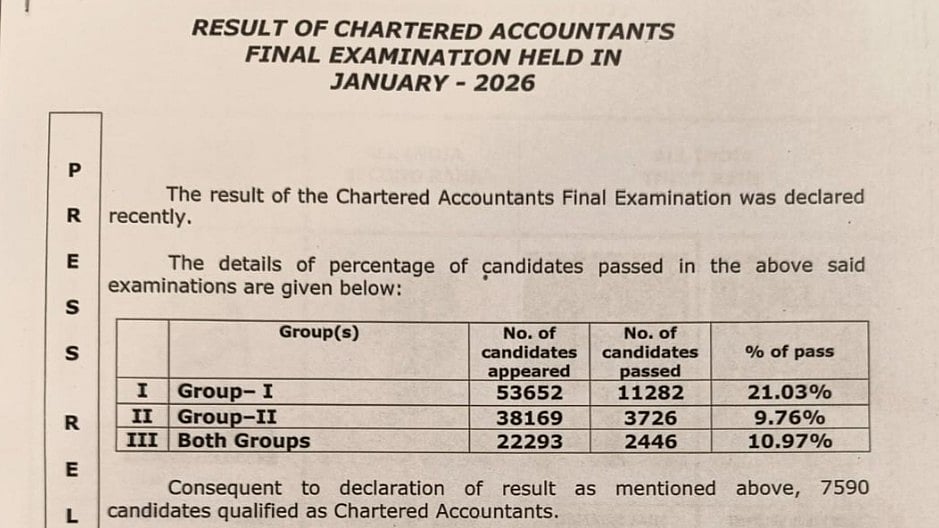Volatility is synonymous with commodities. And it is no different during COVID-19 pandemic times as well. While farmers, traders, exchanges and everyone in the ecosystem are used to this, there is still a hope that hedging will help mitigate risk, stated experts.
In a webinar titled ‘Hedging price volatility in Agri Commodity Markets’, Kapil Dev, Chief Business Officer, NCDEX; Vipin Gupta, Vice President, IVPA; Rajini Panicker, Vice President- Commodities, PhillipCapital India; and Narendra Wadhwa, President, CPAI were speaking about commodities and need for hedging.
Commodities are highly sensitive to various national and international level changes be it geopolitical issues, currency differences, pandemic, tariffs, logistics, policy-level changes etc, stated Vipin Gupta. “There is a need to identify the risk better” to tackle the ill-effects of volatility, averred Gupta.
Adding to it, Kapil Dev stressed, “Commodities have always been volatile which is why derivatives exist. Derivatives are well-accepted tools for volatility.” Quoting a report, Narendra Wadhwa said to achieve the dream of a USD 5 trillion economy, India must have a robust derivatives market. “Linking spot markets with the derivatives markets is critical,” Wadhwa stated.
However, Wadhwa stated it is worrisome that for the last two years among commodities agriculture trading has seen a downtrend.
Meanwhile, Rajini Panicker stressed that if you manage price then every risk is handled. “It is only through price discovery, that you can manage price risk.”
If you compare currency and commodities, the currency has never been as volatile as commodities. Gupta explains that currency cannot be as volatile as commodities mainly because the currency is sovereign money, and is not subject to logistics either. With commodities it is different.
According to data, it is found that the dollar fluctuated around 0.9 per cent – 3.46% on a month to month basis during the last four years. But commodities like wheat (5% - 11%), soybean (2.5% to 8%), Soya oil (3%-6.78%), and Maize (3% to 9.68%) were far more volatile over the same period.
In addition, the experts also stressed that many traders have tried to lobby to cancel contracts or stop exchanges from functioning in the past. This hurts the trust of farmers. So, it is important that markets and trade should never be stopped. Instead, risk should be mitigated through hedging.




